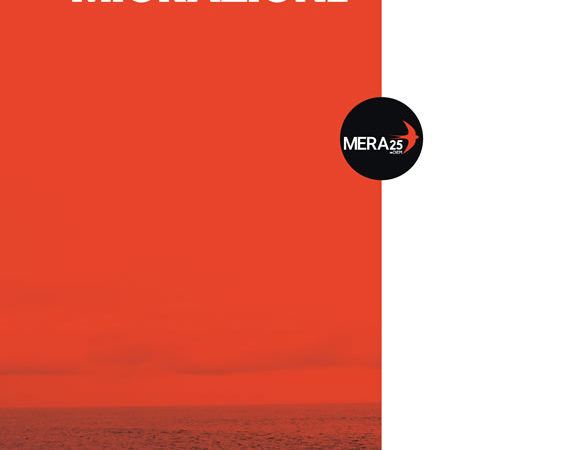Recently many people have been talking about the film Don’t Look Up by director Adam McKay. Have you watched it or heard about it? McKay is great because he is able to present important social issues in an accessible and funny way.
In The Big Short, one of his previous films, McKay explains how the 2008 financial crisis started. And later in VICE, he explores how and why western countries started wars in the Middle East over the past 20 years, and more.
Don’t Look Up has become a successful movie because people are identifying with it. Many problems that we face in our day-to-day are being problematised by it. Namely the disproportion between political power held by capitalist corporations — and the people. Capitalist elites play a game of their own making, and make the rules that we have to follow. Their influence on politics means they control decisions that impact their wealth. And people’s lives.
Today experts and the mainstream media make sure we do not understand these problems. Thus guaranteeing that nothing changes. Whereas the film reveals exactly how the mainstream media and experts conceal existing problems.
McKay seems to have learned that capitalist problems are not isolated events. Nor a representation of the corruption or malevolence of singular individuals. So, those problems must exist for the capitalist elite to remain in power.
The exploitation of people and the planet is necessary to sustain capitalism. But to address these issues we must go beyond capitalism as a way to organise our societies.
For as long as the means of producing our lives remains owned by the elite, the people won’t be in charge. They will not be able to organise society themselves (democratically).
The power of ownership ends up dictating how we organise our societies. Historically, profit has never been the main motive for social organisation. It is only with capitalism that society started to put profit (economic value) before and above all other forms of value (social, etc.).
Using the power of the state, the capitalist elite controls all areas of social life. This is in order to secure greater wealth accumulation. And the very people, whom we expect to help the many, such as journalists and intellectuals, become representatives of the elite.
By defending the interests of the elite, experts and the media create a fantasy. A fiction for us to believe in, which they call “reality”. The film, Don’t Look Up, does the opposite as a work of fiction. But because it reveals to us how the power elite works, it ends up more real than our reality. This means that we can use the film to learn about the mechanisms of power that affect our lives.
The capitalist elite does not directly tell us to ‘Look Down’. This is the implicit message. Instead, it tells us ‘Don’t Look Up’. Even though we can feel that something is wrong, we are neither able nor allowed to see it. The essence of our society remains hidden. What is irrelevant must appear as relevant. Our reality has thus become a fiction, it does not seem real anymore.
Information and knowledge can be tools to help us navigate our reality. However, historically, information and knowledge have helped to consolidate specific cultural practices. And to manipulate the populace by the means of propaganda.
The colossal amount of available information may suggest that society is immune to propaganda. But quantity dissolves quality of information.
Left-wing movements must take back the task of the political education of the masses. The lack of understanding of the key messages in Don’t Look Up reveals the depth of the problem. Left movements must emancipate themselves from the grip of the power elite, and start acting on behalf of humanity and the planet. The elites are pushing not only class struggle, but class warfare. And the Left remain believers in the fantasy of governing for all within societies divided into classes.
Before the Left can provide any unveiling of power, it must learn how to connect theory to practice. Because appearance has taken over not only the minds and dreams of the masses but that of Left-wing proponents s well. When names like Lula (Brazil), Boric (Chile), Mujica (Uruguay), come up, the Left start celebrating victory. But they do this without considering the historical practices of those candidates. And the class relations which are particular to each country.
While the Left sleeps, believing that gradual reforms are enough, it forgets that is has become controlled opposition. The Left’s idealist dream for unity with the elite yields a blind acceptance to domination at the expense of the masses. In the abstract name of unity, the precarious conditions of the people become sanctified. Only substituted by new appearances. Concretely, however, nothing changes.
As George Carlin said, when writing about the United States elite:
“The owners of this country know the truth, it’s called the American Dream, because you have to be asleep to believe it”.
Sadly, this applies to most capitalist countries, if not all.
Screenshot taken from the film for illustration purposes
Volete essere informati delle azioni di DiEM25? Registratevi qui!




